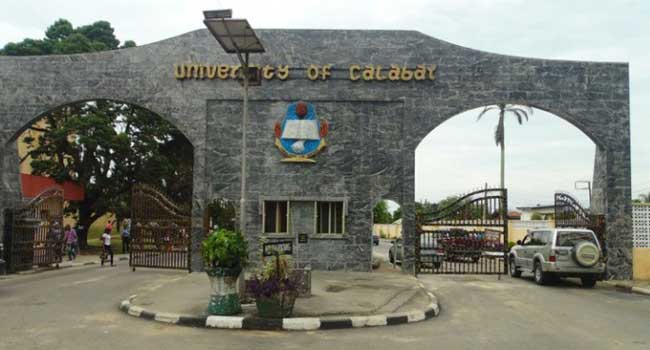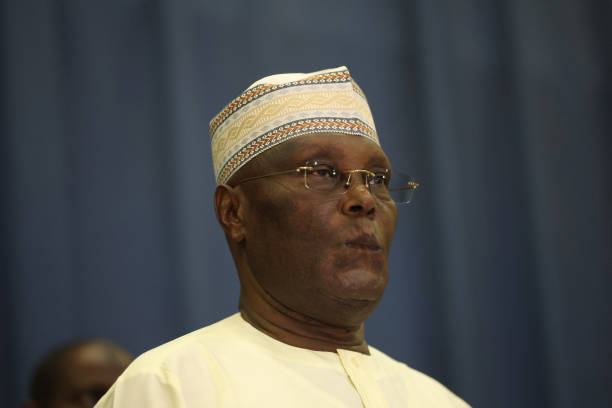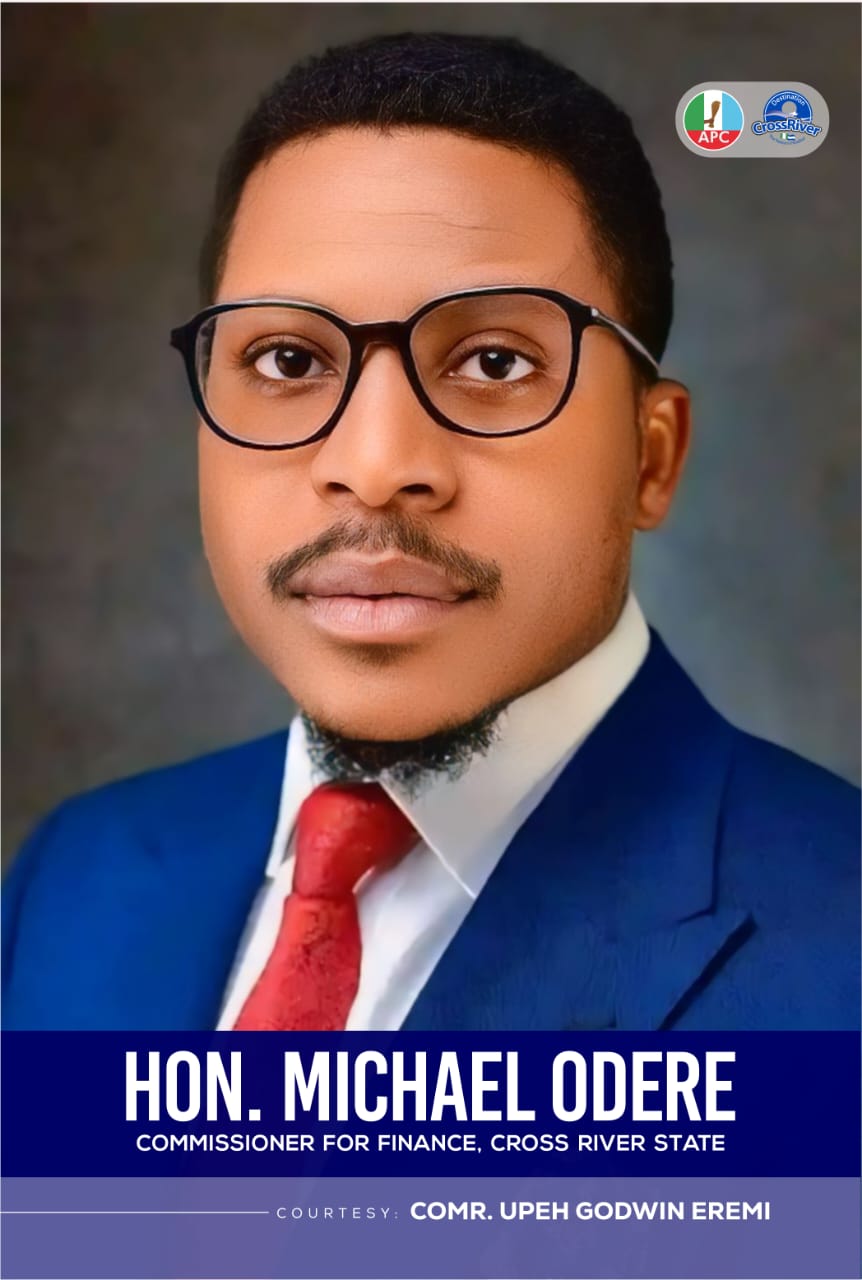In a country where the phrase “our leaders have failed us” has become a national chorus, Peter Obi is once again singing a different tune — one that gives hope, especially to the stranded dental students at the University of Calabar (UNICAL).
The former Anambra State governor and 2023 Labour Party presidential candidate has weighed in on the unfolding crisis at UNICAL, where a group of final-year dental students finds their futures hanging in the balance due to an accreditation and admission quota mess. For students who have spent six grueling years—some even longer—facing cadavers, dental drills, and endless exams, the sudden uncertainty over their graduation and induction feels like a bad dream.
But Obi, known for his calm yet purposeful tone, believes the situation should never have reached this point.
“No student should suffer due to what I consider a failure of leadership,” he posted on X (formerly Twitter) over the weekend. “We must give our youth the necessary education, particularly in critical fields like science, technology, engineering, and mathematics (STEM).”
In simple terms, Obi is asking: how can we complain about the “japa” wave when we’re not even letting our young doctors graduate?
Bureaucracy vs. Bright Minds
At the heart of the issue is a case of overadmission. The Medical and Dental Council of Nigeria (MDCN) approved only 10 students per set. UNICAL, for reasons still under scrutiny, admitted 60. That’s six times the quota. The result? Students trained for years now face the risk of not being inducted as dentists.
Imagine running a marathon only to be told at the finish line, “Sorry, your bib number wasn’t on the approved list.” That’s the reality these students face.
UNICAL’s Vice Chancellor, Professor Florence Obi, has since come forward with a calm voice and what she says is a firm plan. Appearing on Channels Television’s The Morning Brief, she admitted the overadmission was a serious error—one she inherited—but she took full responsibility. “I want to appeal to the students and parents… to be calm,” she said, adding that the university is working closely with the MDCN and the Minister of Education to resolve the problem within two months.
Still, in Nigeria, a two-month promise can sometimes stretch into two years. And the students? They can’t afford to wait.
Obi’s Own Playbook
Peter Obi didn’t just talk; he brought receipts. He shared how, during his time as governor of Anambra State, a similar issue hit the Chukwuemeka Odumegwu Ojukwu University. Medical students were told they would be graduating as biologists. (Yes, imagine studying to be a doctor and ending up with a zoology degree.)
But Obi rolled up his sleeves. He pledged to build a functional teaching hospital in two years. The MDCN laughed. He delivered it in 18 months. “Leaders must be solution-driven,” he said. And that line, short and simple, stings a little in today’s Nigeria.
It’s a reminder that where there’s political will, there’s usually a way. Sometimes with cement and roofing sheets.
“We Can’t Keep Failing the Youth”
Obi’s concern runs deeper than one school or one faculty. He sees the UNICAL drama as a reflection of Nigeria’s bigger problem: a growing disconnect between the nation’s priorities and the needs of its people.
“At this critical time in our nation, we cannot afford to continue the downward trend of neglecting education and healthcare,” he warned. “Our children must not continue to lose their future in Nigeria.”
It’s a hard truth. Across the country, schools and hospitals are underfunded, while billions vanish into one committee or the other. Meanwhile, students and young professionals watch their dreams blur at the edges.
Obi is now calling on the federal government to step in—not just with grammar and press releases, but with real financial and institutional support.
A University Caught Between Hope and Headache
Back in Calabar, the VC says she’s already scheduled meetings with the Education Minister, and disciplinary actions are on the table for those who flouted MDCN regulations. But for students who have already spent years sweating over textbooks and clinical rotations, apologies offer little comfort.
As one final-year dental student said on social media, “My parents think I’ll be a dentist by Christmas. Should I now tell them to expect a WhatsApp group link instead?”
The Bigger Picture
Peter Obi’s intervention may not magically solve the problem, but it raises the volume on an issue that might otherwise be swept under the academic carpet. And in today’s Nigeria, where public outrage is often followed by silence, visibility matters.
Education is the engine of any nation. When that engine sputters, it’s the youth who get stranded. If Nigeria truly wants to develop, we can’t keep treating students like collateral damage in a system run on bureaucracy and bad planning.
Because let’s face it — if Nigeria must rise, the leaders must stop forgetting that the children they ignore today are the surgeons, scientists, and yes, even presidents of tomorrow.
And as Peter Obi has reminded us: no student should suffer for leadership failures — especially not after six years of struggling with stubborn dental mannequins and power outages.





